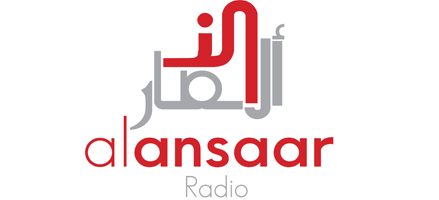520 total views, 2 views today
by Yacoob Cassim
There has been another sectarian attack on a mosque in the Iraqi Capital. The Mosque was well-known to be frequented by Shia worshipers and follows a series of such attacks perpetrated in the Holy city in recent weeks. It has been alleged that the Islamic State of Iraq and the Levant was behind the attacks. This follows as the group continues to lose significant territory to the advancing Iraqi Army. It comes at a time when we remember the destruction wrought by the Second Gulf War and the shortcomings of the US led invasion. Only one thing sets ISIL apart from the original chaos that erupted following the US Invasion. They were initially set up by the CIA to deliberately engineer genocide and mass emigration.
Meanwhile the capital’s main Shia cleric Moqtada Al Sadr had called for a mass protest against corruption in the Government. The attacks followed on the eve of those protests. Al Sadr who has spoken out against all forms of mismanagement and graft by Iraqi politicians had said he would personally attend the rally. The mosque bombing follows in the wake of similar attacks on a Shia neighbourhood and another was in a commercial street in the district of Jadida. At least fifteen people have been killed and fifty five more wounded in the wake of these attacks. They come as ISIL loses significant territory in both Iraq and Syria.
The group still appears to be far from its main goal of capturing Baghdad if that is its true intention. Whether they are serious about dislodging the administration of Iraqi Prime Minister Haidar al Abadi is another matter. However this hasn’t prevented the latter from requesting his military from looking into constructing a wall around the city as security while at the same time criss-crossing certain areas of the city according to sectarian identities. If one were to look at a map of how the wall would protect the city from outside forces it would appear realistic – complete with watch towers and surveillance equipment. However such a construction would become an admission of fear rather than a show of strength. It would more likely prove useless against ISIL’s notorious sleeper cells which consist of suicide bombers. Such a barrier would also reinforce sectarian divisions and distrust when they need to be discouraged.
Iraq has already been deeply divided by conflict and attacks on religious lines. The government has to also show that they are united in fighting with all their countrymen against ISIL. By building a wall around its sprawling capital and across its neighbourhoods it encourages divisions which not only threaten the security of people living in the city but sends the wrong message to those who live in the provinces. This includes the Kurdish people of the north whose regional government is calling for secession by a referendum to be held before the US presidential elections in November.
